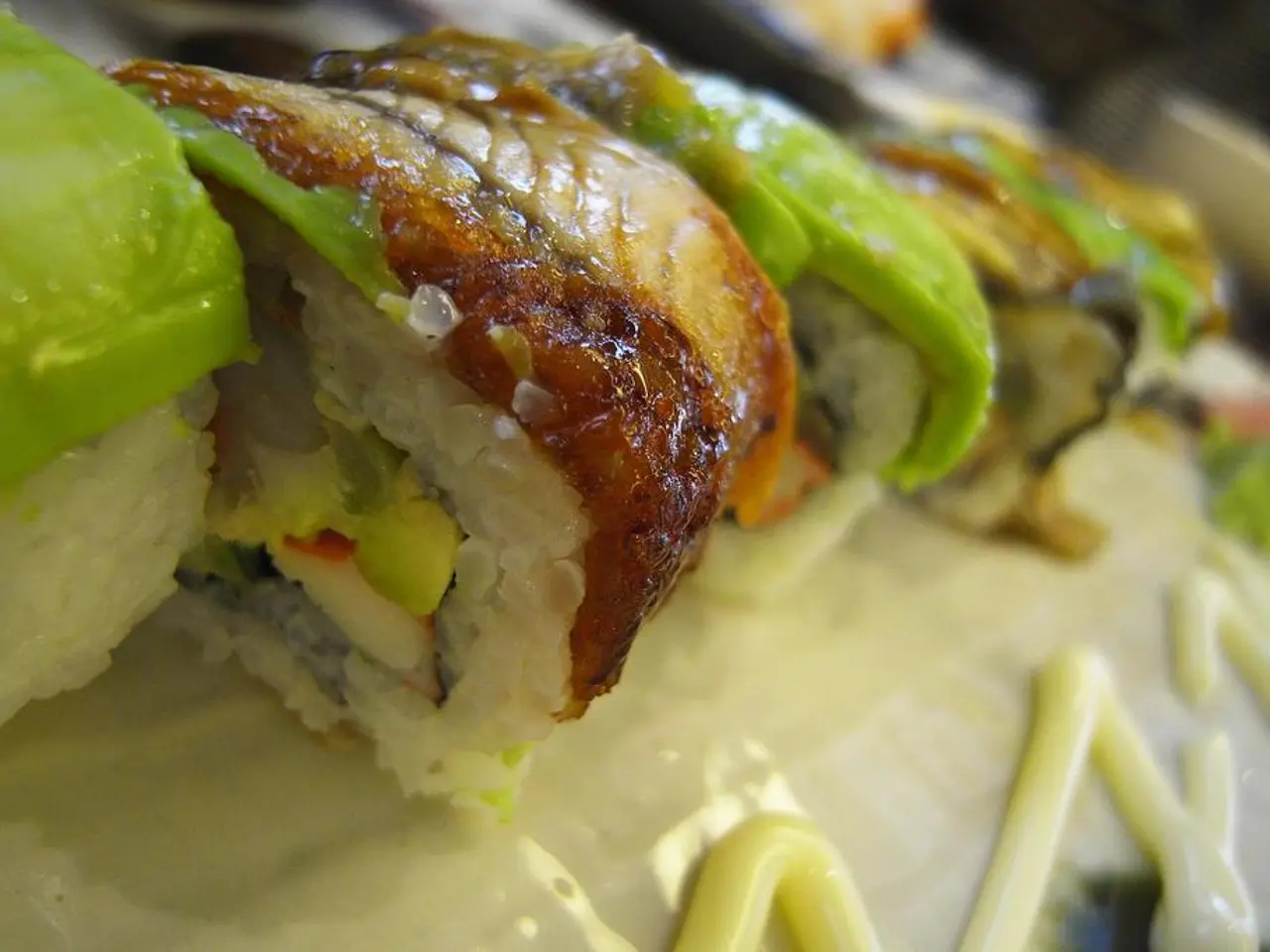Fast-developing Indian market — known for its growing demand for premium food and cosmetic products — set to offer increased opportunities for UK-based companies
The India-UK Comprehensive Economic and Trade Agreement (CETA), signed in July 2025, is set to significantly impact the food, cosmetics, and toiletries industries in both countries. The agreement aims to enhance market access, increase competition, and foster deeper strategic partnerships.
Expanded Market Access
The CETA grants duty-free or zero-duty access to 99% of Indian exports to the UK, including a wide range of agricultural and processed food products. This includes spices, turmeric, pepper, mango pulp, pickles, pulses, shrimp, and tuna, substantially lowering costs and opening up the UK market for Indian food products. Similarly, UK reductions include 90% of tariff lines cut, with 85% becoming zero-duty within 10 years, benefiting British exports.
Intensified Competition
The new tariff regime will increase competition in both markets, putting pressure on domestic producers. Indian farmers, artisans, and MSMEs stand to gain from expanded access, leading to a greater supply of competitive food products in the UK. UK companies, particularly in high-value processed foods, cosmetics, and toiletries, can leverage lowered tariffs to expand market share in India, a fast-growing economy with increasing consumer demand.
Strategic Partnerships
The deal is part of the broader India-U.K. Vision 2035, focusing on deepening ties beyond trade into technology, innovation, and clean energy. This framework could facilitate joint ventures, R&D partnerships, and knowledge sharing in cosmetics and toiletries industries, helping both countries upgrade product quality and compliance standards.
Anand Ramanathan, Partner and consumer industry leader at Deloitte South Asia, predicts a boost for the cosmetics sector, particularly due to the harmonization of standards enabling smoother market access. George Hyde, Head of Trade at The Food and Drink Federation, states that improved access to the growing Indian market will help strengthen the competitiveness of the UK's food and drink sector, with exports already worth nearly £300 million annually.
The agreement opens opportunities for Ayurvedic and natural ingredient-based products to be exchanged between India and the UK. For India, the agreement provides access to a premium market like the UK, where there's growing demand for ethically sourced, sustainable, and globally inspired food products.
However, non-tariff challenges such as labelling, IP, and compliance still require attention despite easing tariff barriers. Malpani suggests that UK food companies can achieve success in India by adapting to local tastes, price points, and regional preferences.
The India-UK CETA agreement will allow 85% of UK food and drink products, such as chocolate, gingerbread, sweet biscuits, soft drinks, and UK cosmetics and toiletries to enter India tariff-free over the next decade. Indian spices, millets, ready-to-eat meals, and plant-based options are well-positioned to meet the growing demand in the UK market.
For Indian exporters, lower tariffs will support the growth of processed foods, herbal personal care, and wellness products that appeal to UK consumers. Amit Lohani, Founder Director of Forum of Indian Food Importers (FIFI), stated that this agreement comes at a time when Indian consumers are increasingly seeking international flavors and high-quality options.
The deal will also cut tariffs for UK cosmetics and toiletries exports such as soaps, shaving cream, face cream, nail polish either immediately or after staging over 10 years. Perfumes and eau de cologne will see tariffs of 22% halved after staging. The agreement, according to Amit Lohani, will provide a pathway for high-quality British products to enter the Indian market at more competitive prices.
Local partnerships, aligned with FSSAI and cosmetic guidelines, are considered a smart entry strategy for brands looking to enter the Indian market. UK brands entering India in chocolates, bakery items, and premium cosmetics will intensify competition. Indian brands must invest in product innovation, attractive packaging, and stronger consumer engagement to maintain their market share.
This article was published on July 24, 2025.
- The India-UK Comprehensive Economic and Trade Agreement (CETA) has granted duty-free access to 99% of Indian exports to the UK, including food products like spices, mango pulp, and shrimp, thereby lowering costs and opening the UK market.
- The agreement aims to increase competition by cutting tariffs for UK exports, particularly in high-value processed foods, cosmetics, and toiletries, benefiting British businesses.
- The deal also focuses on technology, innovation, and clean energy, facilitating joint ventures, R&D partnerships, and knowledge sharing in the cosmetics and toiletries industries.
- Investors in the food-and-drink sector predict a boost for the cosmetics sector due to the harmonization of standards, and the agreement opens opportunities for Ayurvedic and natural ingredient-based products between both countries.
- Indian brands must invest in product innovation, attractive packaging, and stronger consumer engagement to maintain their market share as UK brands enter the Indian market with chocolates, bakery items, and premium cosmetics.
- Despite easing tariff barriers, non-tariff challenges such as labeling, IP, and compliance still need attention for a smooth entry of UK food products into the Indian market.




